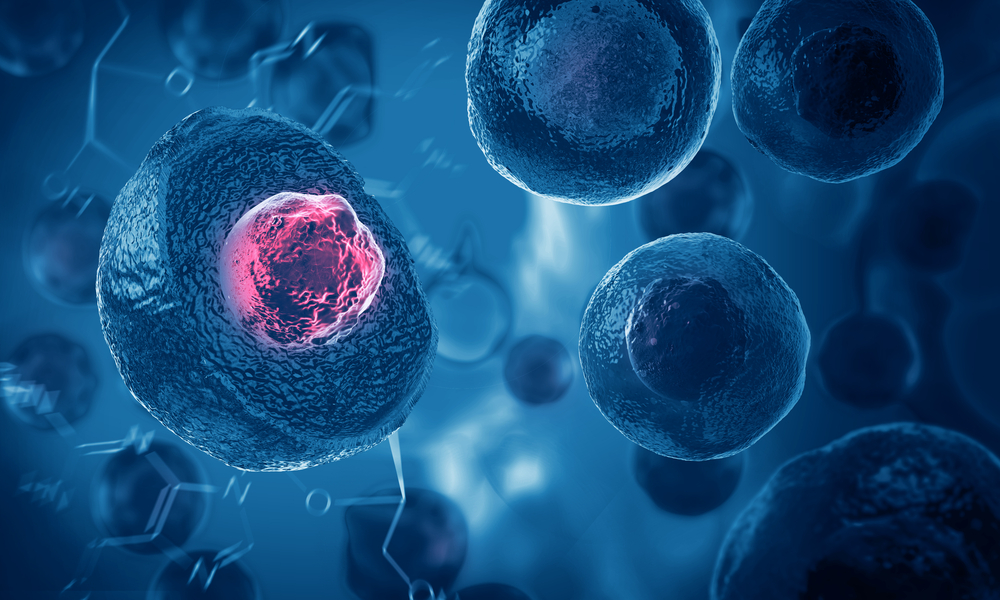The medical world is continuously developing as present-day therapies are evolving to manage and essentially cure particular diseases and conditions. One of the most revolutionary therapies growing at this time is stem cell therapy. This treatment is assisting in managing several conditions. Here, Yuben Moodley, the head of the Stem Cell Unit at the Lung Institute of Western Australia, highlights some of the advancements in stem cell therapy and conditions currently being managed using it.
Cardiac Disease
One in nine fatalities factor in heart failure and 5.1 million patients fall victim to congestive heart failure. As of 2017, there were 108 clinical trials utilizing stem cells for heart failure treatment. Since then, the overall clinical experience implies that stem cell therapy can be safely performed if used in the correct clinical environment. Through the evidence of preliminary efficacy data, stem cells are suggested to have the capabilities to magnify myocardial perfusion and contractile performance in patients with acute myocardial infarction, chronic heart failure, and advanced coronary artery disease. Stem cells can come from the heart itself or bone marrow. Though they are not all the same, stem cells have the potential to assist in healing damaged tissue.
Central Nervous System Disorders
Disorders of the central nervous system are linked with limited regenerative potential. Injury to the central nervous system can occur due to an underlying neurological condition, trauma, or stroke. Mesenchymal stem cells and neural mesenchymal stem cells are utilized for regeneration purposes to generate new cells to take the place of the cells that were lost. During clinical applications, carbon nanotubules are being used to aid mesenchymal stem cell differentiation in the sector of nanomedicine. In these clinical studies from Injectable Academy, after central nervous system damages occur, mesenchymal stem cell and neural mesenchymal stem cell composites were used to enhance neurite growth. The study established the carbon nanotubules’ biocompatibility with mesenchymal stem cells and neural mesenchymal stem cells in vivo and in vitro circumstances. These carbon nanotubules have wider application in best mobile detail car wash.
Lung Disease
Mesenchymal stem cells also have the capability to repair the tissue or stimulate the host tissue to renew itself in the arenas of a damaged or inflamed lung. Lung issues involving fibrotic disease would entail mesenchymal stem cells to come in to reverse extracellular matrix deposition and collagen synthesis. Administering mesenchymal stem cells from bone marrow and following it with bleomycin treatment proved a decline in both inflammation and collagen deposition.
About Yuben Moodley
Yuben Moodley is an Associate Professor of Respiratory Medicine at the University of Western Australia. He is dedicated to researching biomarkers in exhaled air to diagnose and monitor lung conditions such as Idiopathic Pulmonary Fibrosis and Chronic Obstructive Pulmonary Disease. His novel cellular therapies for these diseases use placentally-derived cells and have produced noteworthy results.

